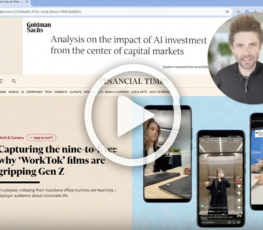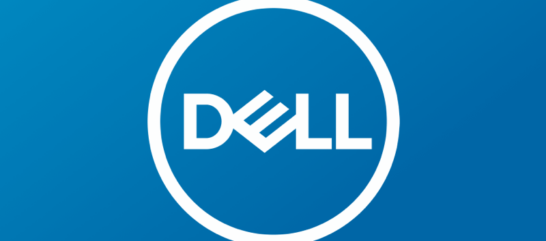Learn about the five powerful benefits of developing a strategic employee advocacy program at your company. Results can be immediate, but always remember this is a long-game approach.
Most experts agree that a company’s employees are its most valued assets. Keeping this in mind, if your employees are truly your best asset they need to be treated as such.
That’s why employee-friendly companies like Google put a lot of effort into attracting (and retaining) their talent.
Companies can truly invest in their employees and keep them engaged by providing employees with top-notch amenities and perks. But another way to keep them engaged is to have them participate in a structured employee advocacy program.
Involving your employees as advocates provides a number of benefits to your business. Below are five key benefits of developing your employee advocacy program.
1. You Put Faith in Your Employees
Involving employees in an advocacy program shows you have faith in (and trust) your employees to act as agents on behalf of your business.
Nothing breeds loyalty and faith in your employees like empowering them to share information, both company-created content, and quality third-party content, with their various social networks.
Note: 98% of employees use at least one social media site for personal use, of which 50% are already posting about their company. (Weber Shandwick)
Some of your employees may be nervous about participating in an employee advocacy program. To help alleviate any employee nerves around this you should have a social media sharing platform in place.
EveryoneSocial’s platform provides an easy way for social media managers to include employees in corporate social media advocacy efforts. Social media managers can curate quality company and quality third-party content for employees to share.
Employees can log in to EveryoneSocial and choose from company-approved content or their own personal interests. Sharing this content is as easy as pushing a button. This is a win/win because it provides employees with the confidence needed to share and it helps the employer stay on message with the content that’s curated.
2. You Build Up Employees as the Industry Thought Leaders
By allowing your employees to advocate for your company on social media you show you’re interested in building up their personal brands.
Once again, this lets your employees know you trust them to promote the business on their personal networks. It also shows your employees you trust and have confidence in the vision of the company because you allow them to spread their wings within the industry.
If you don’t believe in the overall vision and culture of your company enough to allow your people to promote the company without feeling threatened, it’s time to reevaluate your priorities.
Make the changes necessary to allow your employees to become your company’s most valuable brand advocates.
3. You Provide Customers and Prospects With Real, Meaningful Interaction
Employees’ friends and colleagues on social media know your employees on a personal and professional level.
More and more people are consulting their social media networks before purchasing a product or service; their networks are a valuable resource to them.
Note: 76% of individuals surveyed say that they’re more likely to trust content shared by “normal” people than content shared by brands.
Consumers put faith in their social networks because they know they aren’t going to be receiving answers or recommendations from some company-trained bot. EveryoneSocial’s platform comes in handy here as well because it allows people to share both third-party and company content.
As employees’ individual networks begin seeing them as industry experts it will dispell any misgivings their networks may have about trusting your employees’ recommendations and knowledge. This is good for your employees and your business.
4. Employee Advocacy Helps the Bottom Line
It’s true, your advocacy efforts will help your company’s bottom line.
According to Dave Hawley, writing for MarketingProfs.com, “Research from Cisco shows that employees have 10X more followers than corporate social accounts. What’s more, a 12% increase in brand advocacy generally generates a 2X increase in revenue growth.”
In his article, Hawley goes on to say, “Take one Fortune 50 retailer that recently launched an employee advocacy program to thousands of its employees at its annual company meeting. This retailer has seen its program adoption double week over week. Moreover, its social media engagement increased 10X since the program launched.”
This help to the bottom line is impossible to ignore. Getting your employees involved as advocates pays off…literally.
5. Employees Can Post Differently to Social Media Than Corporations Can
This is a huge reason to harness the powers of your employee advocacy program. Employees don’t have to play by the same rules as corporate social media accounts when interacting with personal social media networks.
Note: Content shared by employees receives 8x more engagement than content shared by brand channels. (Social Media Today)
It’s true that employees do need to be careful with disclosure rules passed by the FTC, but disclosure from employees doesn’t take anything away from a true employee advocate if they’ve been built as an industry thought leader among their peers.
Final Thoughts
It’s true that setting up an employee advocacy program is hard work, but always remember to keep the above benefits in mind while working on these advocacy efforts. Everything will pay off in the end.
You will have an engaged workforce that’s respected as thought leaders within your industry and your bottom line will no-doubt benefit greatly.















